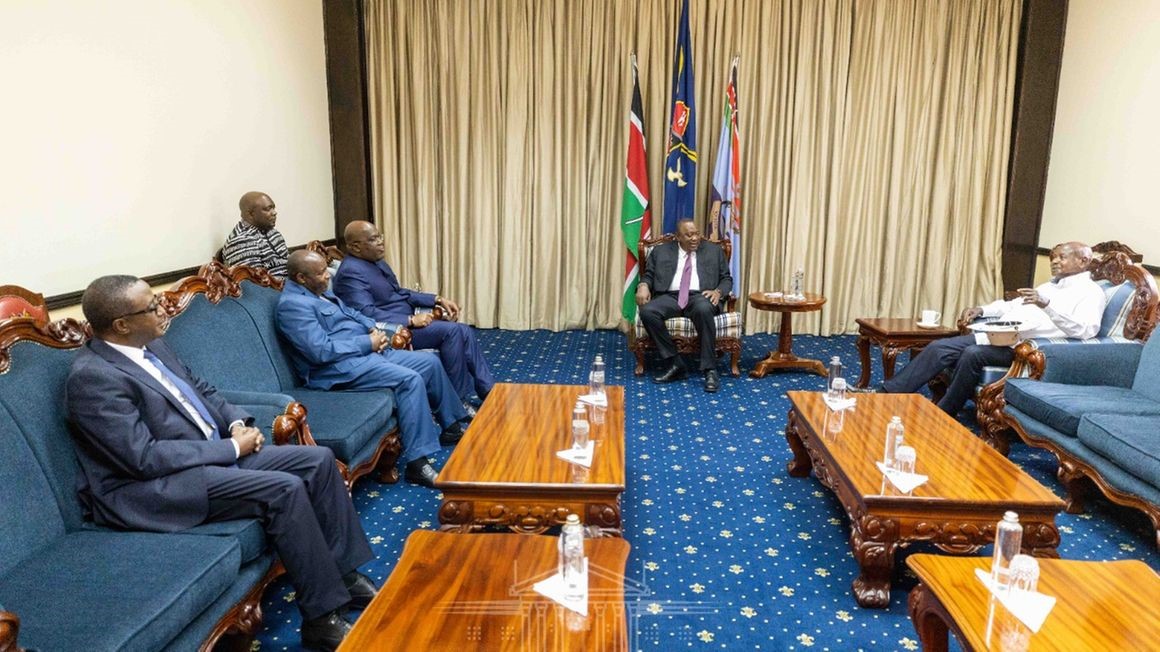The Italian government has rapidly finalised its latest deals to secure fresh gas supplies from Africa, which is intended to help replace gas currently piped from Russia.
Earlier this month, the Rome-based authorities, working closely with Italian major, Eni, clinched deals to boost gas imports from both Algeria and Egypt. Still, these latest deals are in sub-Saharan Africa.
One agreement covers gas supplies from Congo-Brazzaville, where Eni has a significant presence. At the same time, another deal relates to Angola, another sub-Saharan nation that counts as a heartland for the Italian player.
Other African nations where Eni holds important upstream portfolios on the back of which the Italian authorities could potentially sign gas-related deals – if the circumstances are right – include Mozambique, Nigeria, Ghana, Ivory Coast and Libya.
In Brazzaville, Eni’s chief executive Claudio Descalzi signed a letter of intent to increase gas production and export, after which a meeting was held with President Denis Sassou Nguesso.
This agreement was signed in the presence of Congo’s Minister of Foreign Affairs Jean-Claude Gakosso and his Italian counterpart Luigi di Maio and Italy’s Minister for Ecological Transition Roberto Cingolani, and the Congolese Minister of Hydrocarbons Bruno Jean Richard Itoua.
Under the deal, Italy will start to import gas from the Central African nation, primarily through the development of a liquefied natural gas project that Eni plans to bring on stream in 2023, with a capacity of over 3 million tonnes per annum – equivalent to more than 4.5 billion cubic metres – once fully operational.
This gas will source from Eni’s shallow water Marine 12 licence and feed at least two floating LNMG vessels moored, one provided by New Fortress Energy.
LNG exports will allow the commercialisation of gas that exceeds Congo’s internal market needs, said Eni.
In addition, Congo-Brazzaville and Eni have also agreed to define initiatives to promote decarbonisation and sustainable energy transition in the country.
These efforts will focus on renewable energies, the development of an agricultural supply chain to produce feedstock for biorefining (without competing with the food chain), the conservation and sustainable management of forests, the adoption of clean cooking systems, plus the capture, use and storage of carbon dioxide.
Eni is the only company developing the country’s huge gas resources of Congo.
It currently supplies gas to the Congo Power Plant (CEC), which guarantees 70% of the country’s electricity production.
Meanwhile, during a diplomatic mission to Angola on 20 April – led by Descalzi, Di Maio and Cingolani – a declaration of intent was signed after a meeting with President Joao Lourenco covering developments in the gas, decarbonisation and an energy transition arenas.
“Today, we have achieved another important agreement with Angola to increase gas supply. Exactly one month after my first visit to Angola, Italy confirms its commitment to diversify the sources of energy supplies: a constant action to defend Italian families and enterprises,” said Di Maio.
Cingolani added: “It is an important agreement that bolsters the partnership between Italy and Angola in renewables, biofuels, LNG, and training in the technological and environmental sectors.”
“Not only (is this) a step forward in the diversification of gas sources, but also an important contribution to supporting the global ecological transition.”
Eni has established a joint venture with BP called Azule Energy that will combine the two companies’ assets in Angola BP, primarily blocks 15/06, 18 and 31, as well as their interests in the Angola LNG plant in Soyo and their stakes in the New Gas Consortium whose first project is due online next year.


